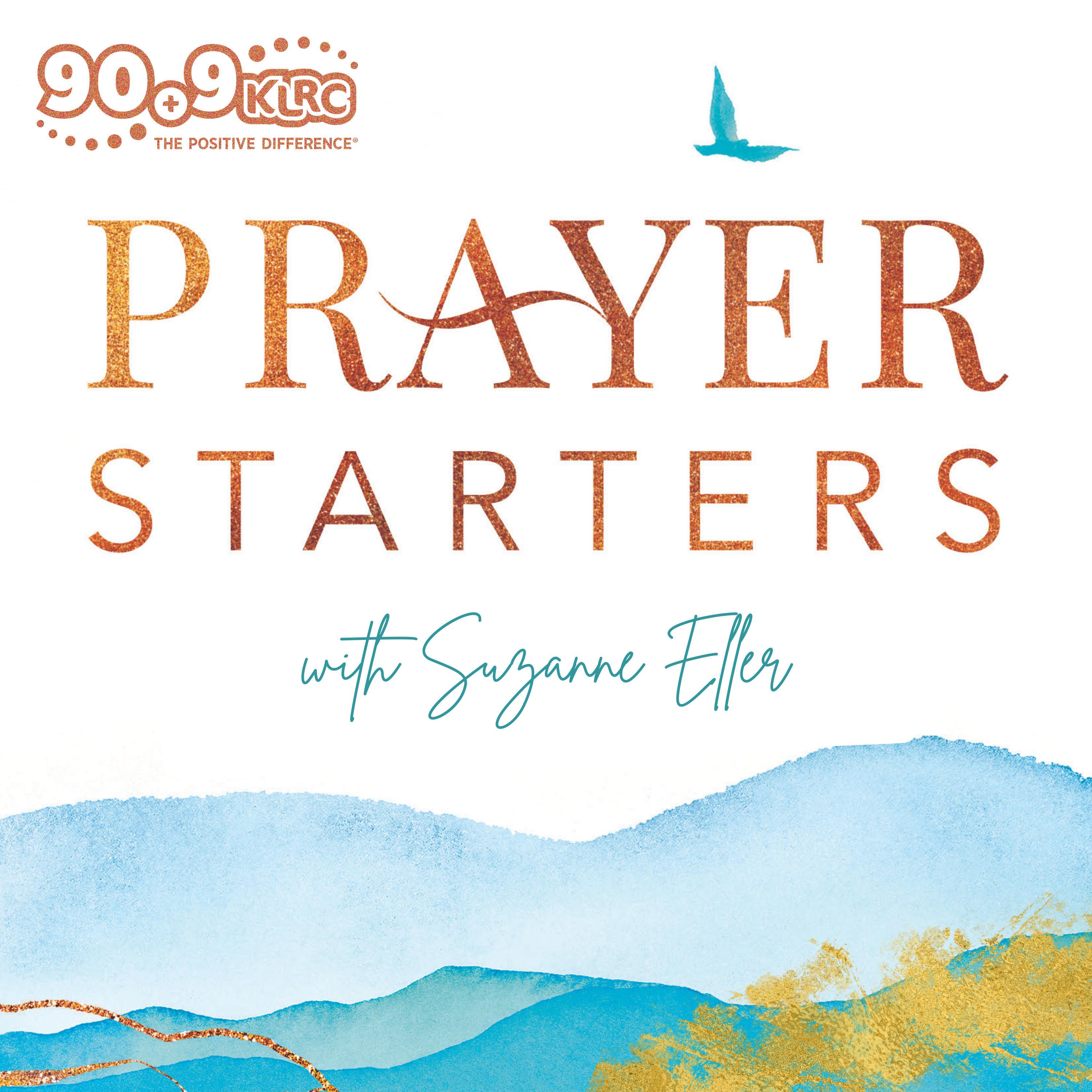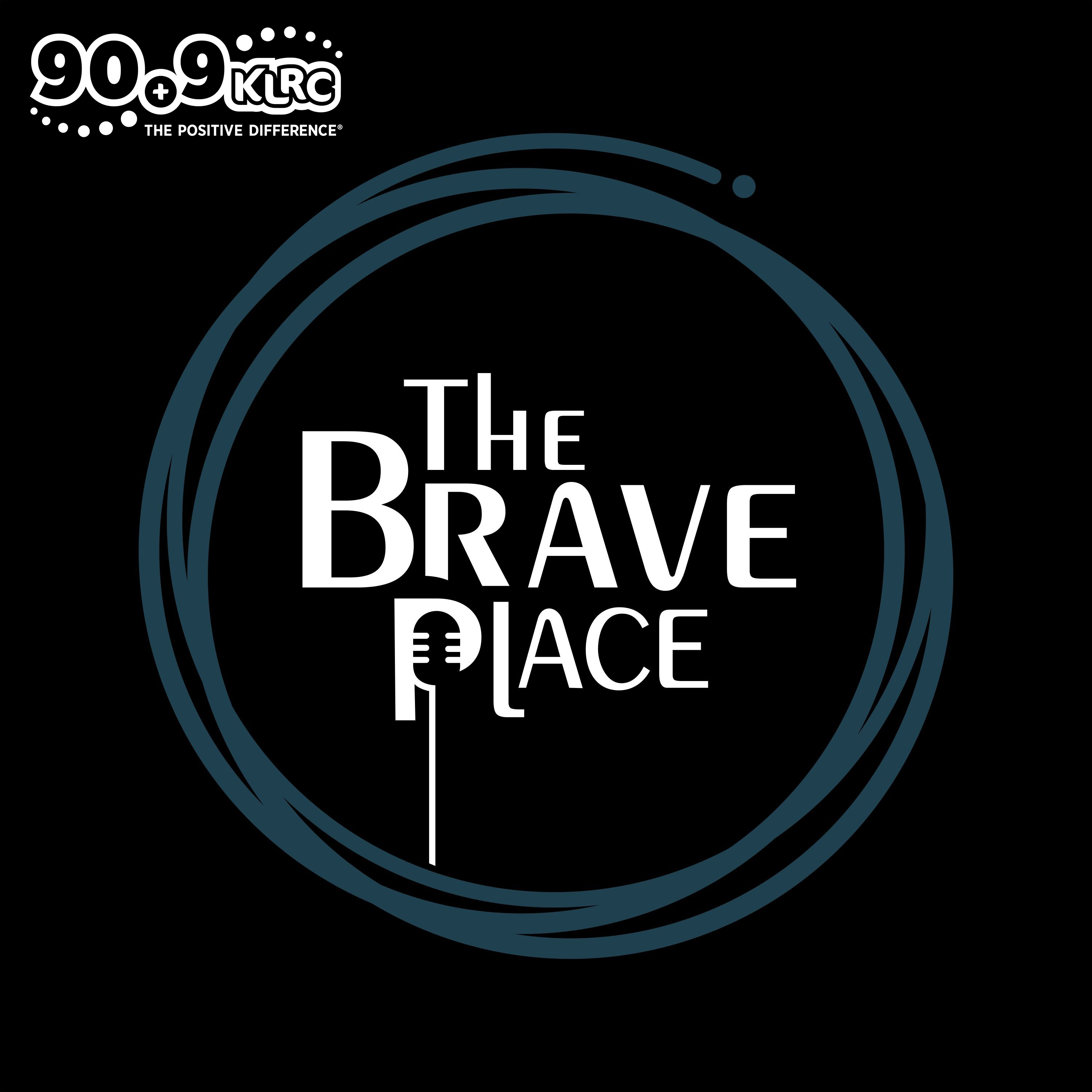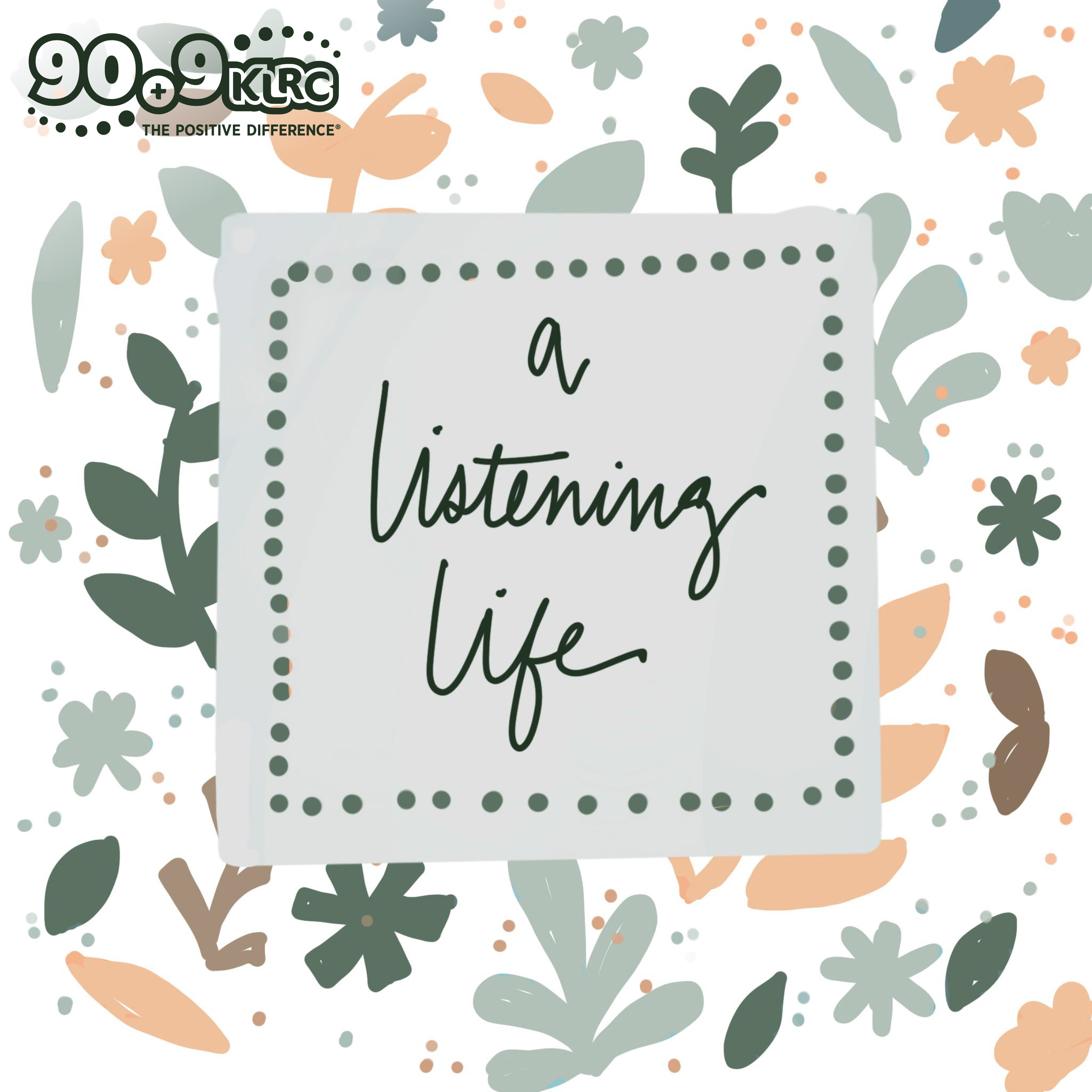

"Sticks and stones may break my bones..."
Chances are you didn’t even have to think about the rest of the expression. It’s one of those sayings that somehow we just know. We’re born, we learn our ABC’s, and then around the same time somebody also gives us that expression (bonus points if it was also paired with “I’m rubber, you’re glue”…).
It’s neat how something so wrong can survive for so long in our culture, isn’t it? And I’m just flatly stating it: the expression is wrong. I know it is, because I couldn’t tell you what I had for breakfast three days ago, but I can tell you that Sara Johnson* said I looked goofy running 12 years ago when I played basketball for my homeschool group (sorry, I’ll quit bragging).
It probably wouldn’t take much effort at all to remember something hurtful somebody said to you, would it? Let’s just agree on this: sticks, stones, and words hurt. And today, we’re more capable of using words to hurt than we’ve ever been. The internet and social media have made us both victims and villains-the power to destroy (Prov 11:9) has never been more obvious.
Let everything you say be good and helpful, so that your words will be an encouragement to those who hear them.
Ephesians 4:29
Imagine if that scripture was displayed for 10 seconds before any social media app let you log in. Would your behavior change? If Ephesians 4:29 popped up before you hit “send” on a message angrily pecked out on your phone-would you still send it?
Through technology, we have a real potential power to uplift or destroy. And the harder of the two options will always be the one we’re supposed to do. Following Ephesians means delaying the instant gratification of getting the last word in, then hitting the “block” button. Or posting a status in anger. It means choosing to encourage rather than destroy.
Will you join me this week and seek for ways to encourage people online?
*Name has been changed for anonymity.





